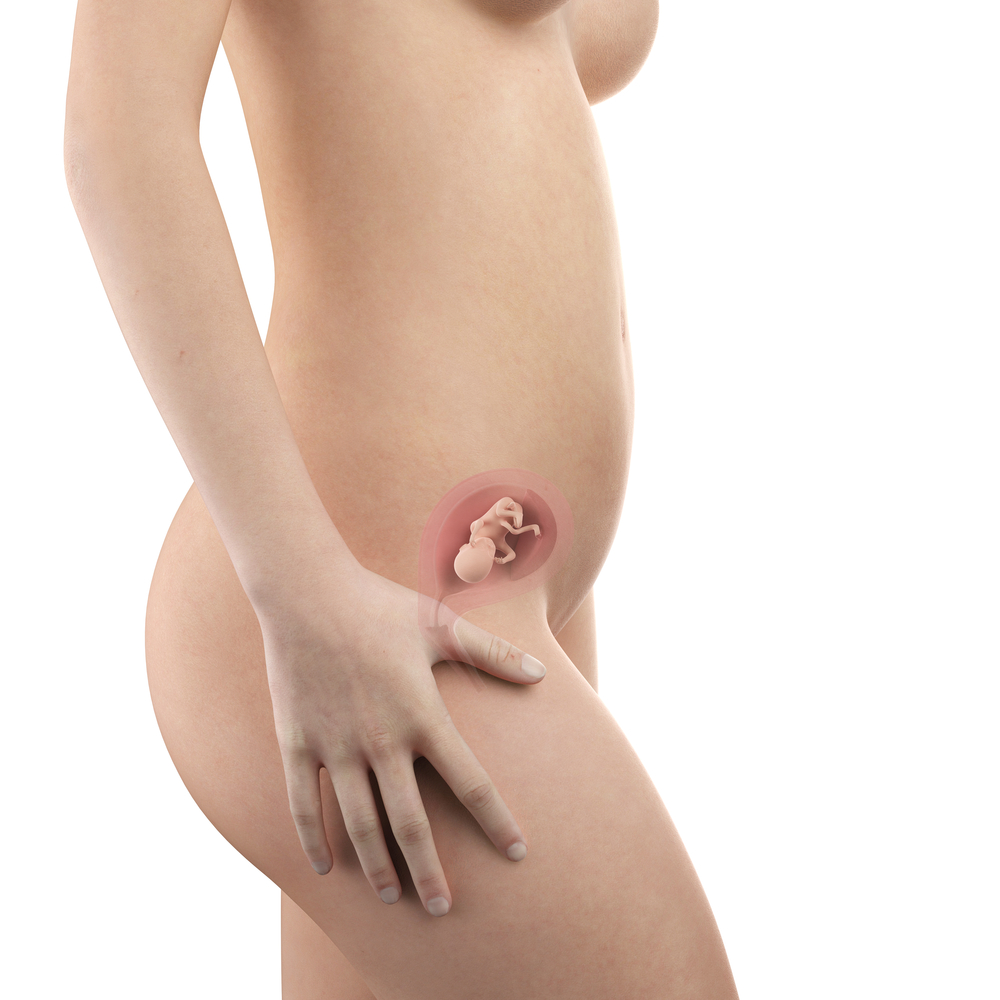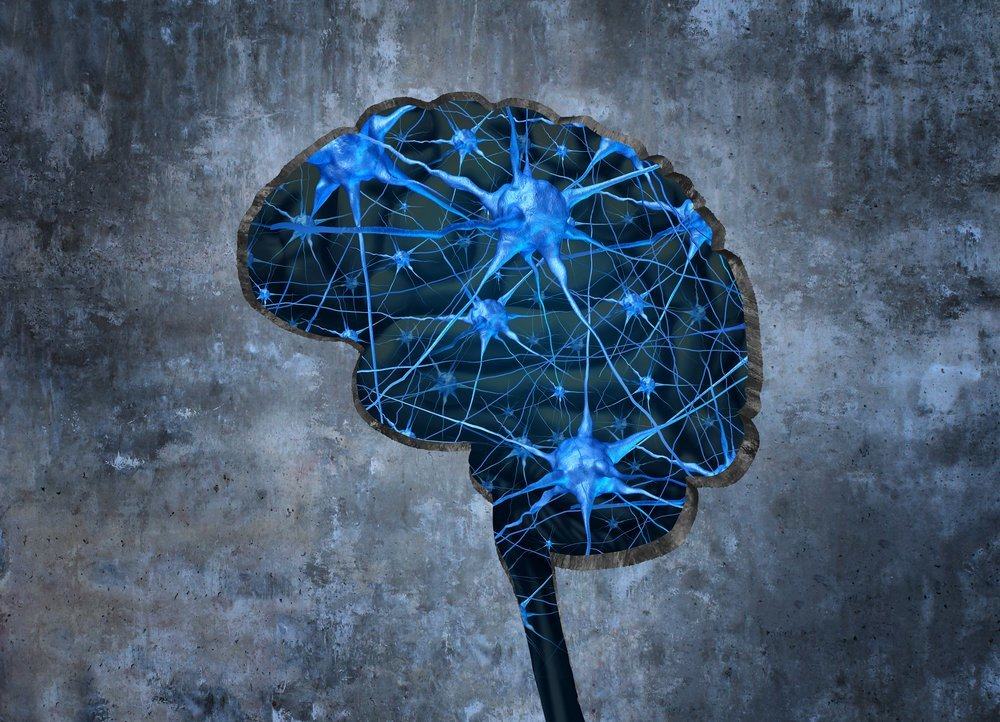Contents:
- Medical Video: 14 Weeks Pregnant - 14 Weeks Pregnant Symptoms - Pregnancy Week by Week
- Embryo growth
- Changes in the Body
- What are the changes in the body of a pregnant woman on week 14?
- What do I need to pay attention to?
- Visit to Doctor / Midwife
- What do I need to discuss with the doctor on week 14?
- Health and Safety
- What do I need to know to maintain health and safety during pregnancy?
Medical Video: 14 Weeks Pregnant - 14 Weeks Pregnant Symptoms - Pregnancy Week by Week
Embryo growth
How is the development of the fetus 14 weeks of my pregnancy?
At the age of 14 weeks of fetal development, the size of your fetus may be as large as a lemon. The weight of the fetus at 14 weeks is around 45 g and is about 9 cm long from head to toe.
This 14th week, fine hair has grown on the baby's face. The lower layer will grow and eventually will cover the entire body until the baby is born.
Even now, the baby's genitals have fully developed but are still quite difficult to detect on an ultrasound machine. In addition, your baby also starts producing thyroid hormones because the baby's thyroid gland has grown at this time.
Changes in the Body
What are the changes in the body of a pregnant woman on week 14?
In certain cases during the development of the fetus 14 weeks of pregnancy, you can experience some problems. For example, if you are over 35 years old or if your test shows a fetal problem, the doctor will recommend amniocentesis. Amniocentesis is a test that is usually carried out between the 15th and 18th weeks to detect abnormalities in the fetus, such as Down syndrome.
In this test, a very thin needle is inserted into the amniotic fluid that surrounds the baby in the uterus to take liquid samples, and the doctor will then analyze it. Amniocentesis will cause risk miscarriage very small, so express your concerns with your doctor and look for a better understanding of the risks and benefits of the test you are going to take.
What do I need to pay attention to?
Here are some things you will experience in the development of the fetus 14 weeks of pregnancy or the second trimester of pregnancy, namely:
Physically you will feel:
- Get tired quickly
- Frequent urination
- For some mothers, morning sickness will continue. For some other mothers, this is their initial period of experiencing these symptoms
- Constipation
- Heartburn, digestive disorders, flatulence
- Your breasts will continue to grow but are smoother
- Sometimes a headache
- Sometimes fainting or dizziness, especially when changing body position suddenly
- Nasal congestion, frequent nosebleeds, and tinnitus (ringing in the ears)
- Sensitive gums, bleeding when you brush your teeth
- Feel better when eating
- A little swelling in the ankles, feet, hands and face
- Varicose veins in the legs or hemorrhoids
- Leucorrhoea
- Feel the movement of the baby as it approaches the end of the month. You can feel the baby's movements in the fourth month of pregnancy, but this only happens if this is not your first pregnancy.
Visit to Doctor / Midwife
What do I need to discuss with the doctor on week 14?
Sleep problems in pregnant women are common during pregnancy. It is important to get enough sleep during pregnancy, considering that later after the baby is born later you will have to wake up often in the middle of the night and even sleep will decrease considerably.
However, you must remember that the use of sleeping pills is not recommended without the doctor's approval. Ask your doctor if there are other ways to help you sleep without having to risk the use of drugs.
Tests that may be needed at gestational age 14 Sunday
Depending on your specific needs and a doctor's examination, you can undergo the following checks:
- Measurement of body weight and blood pressure
- Examination of sugar and protein in urine
- Check baby's heart rate
- Examination of the size of the uterus with external palpation
- Measuring height from the bottom to the uterus
- Check whether your hands and feet have swollen blood vessels or varicose veins
Tell your doctor about your symptoms, especially unusual symptoms. If you have a question or problem that you want to discuss, prepare a list of questions first before the inspection schedule.
Health and Safety
What do I need to know to maintain health and safety during pregnancy?
1. Consumption of clean water
Several studies show that pregnant women who consume drinking water carelessly, such as from tap water, can increase their risk of miscarriage, birth defects, and underweight birth weight. However, this study does not explain specifically whether tap water is the main cause of this problem. We do not have reliable data to show that bottled water is safer.
Of course, if you know your tap water might be contaminated or not clean, you should avoid drinking water from the tap at home, whether you are pregnant or not. At present, scientists do not have evidence that tap water in Indonesia is a danger to pregnant women, so it's best during pregnancy to make sure you drink only from trusted bottled water.
2. Soak in hot water
During the 14 weeks of fetal development, pregnant women may want to relax by taking a warm bath. If you have bath tubYou should avoid bathing in hot water because it can increase your body temperature by more than 39 degrees Celsius for more than 10 minutes.
High temperatures can cause several problems for you and your baby, such as:
- Hypotension which will cause a decrease in oxygen and nutrients that can be absorbed by the fetus. This can increase your risk for miscarriage
- Dizzy and feeling lethargic or weak
- Birth defects, especially when you are soaking in water that is too hot for a long time in the first trimester of pregnancy.
That's the reason why spas, steam rooms, hot tubs, saunas, hot showers, and soaking in bath tub overheating is not safe for pregnant women. Hot baths are indeed more comfortable, but you should avoid soaking for a long time.
So next week what kind of fetus will it grow?












